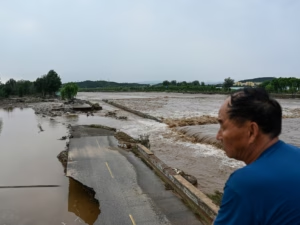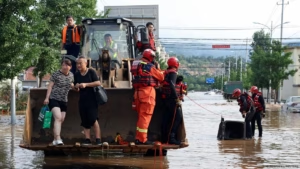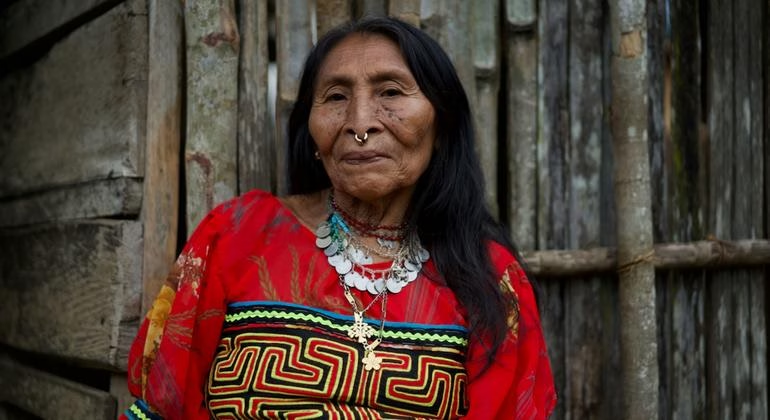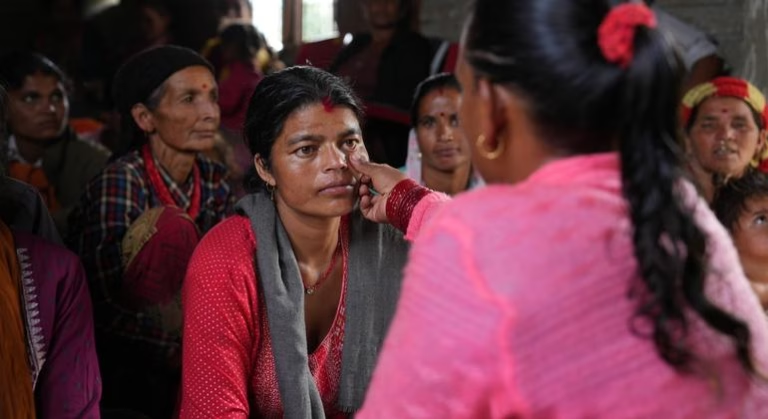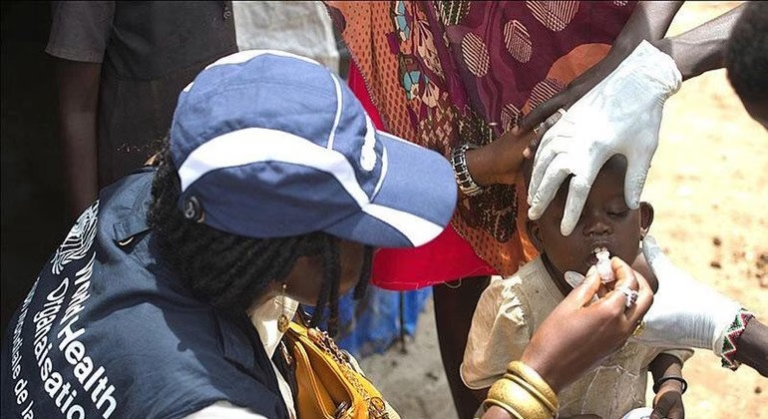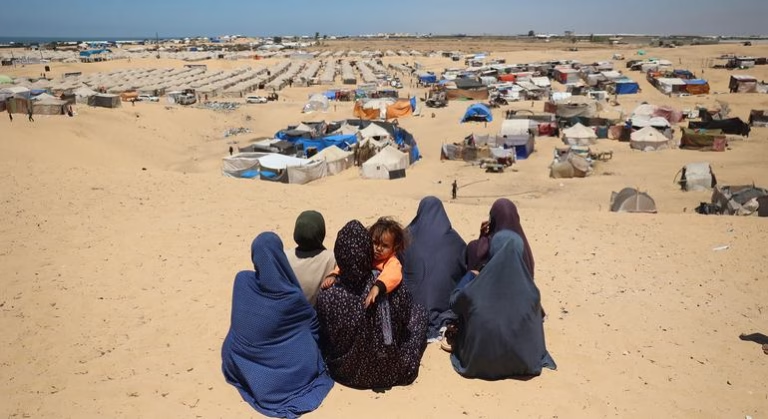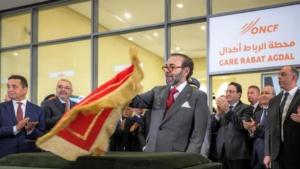On Thursday, The State of the World’s Indigenous Peoples was released, highlighting a stark imbalance. Indigenous Peoples comprise only six percent of the global population but are guardians of eighty percent of the planet’s remaining biodiversity, yet they receive less than one percent of international climate funding.
This report by the UN offers a critical assessment of climate action that lacks urgency and fairness. Indigenous communities are frequently excluded from climate solutions, displaced by them, and denied the resources necessary to lead the way.
Hindou Oumarou Ibrahim, Chair of the UN Permanent Forum on Indigenous Issues, affirms in the report’s foreword, “We are custodians of the natural world, committed to maintaining the planet’s natural equilibrium for future generations.”
The document, featuring contributions from Indigenous leaders, researchers, and the World Health Organization, analyzes case studies, data, and experiences from various global regions.
The report calls for a major shift in recognizing Indigenous knowledge as scientific and technical knowledge rather than traditional or folkloric. It illustrates how time-tested practices in Peru, Somalia, and Mexico are vital to climate adaptation and resilience.
The publication also criticizes so-called green solutions that become a threat to Indigenous Peoples, without their consent, including biofuel expansion, carbon offsetting schemes, and mineral extraction for clean energy technologies.
Furthermore, it emphasizes how climate change intersects with Indigenous health, affecting social, cultural, and spiritual aspects and disproportionately impacting Indigenous women and children.
The report urges for Indigenous-led financial mechanisms, formal recognition of Indigenous governance, and protection of data sovereignty. Without these changes, climate actions risk perpetuating exclusion and dispossession of Indigenous communities.
Source: https://news.un.org/feed/view/en/story/2025/04/1162601
